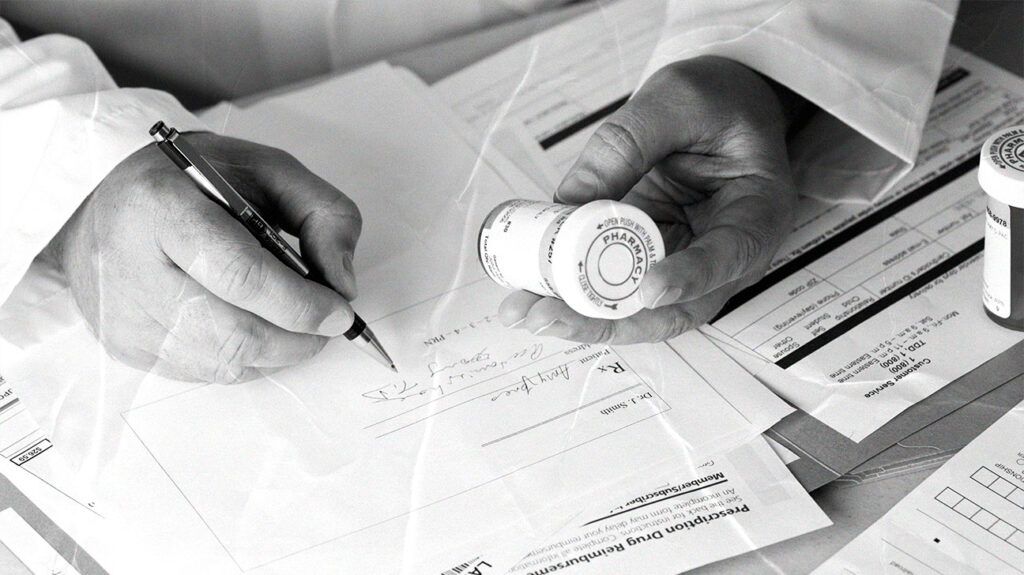Strontium ranelate is a prescription medication available for osteoporosis in some parts of the world but is not FDA-approved in the United States. Although it may have anti-fracture effects, it can also have cardiovascular risks.
Strontium is a trace element in the body, some foods, and in supplement form. Some research suggests strontium supplementation may benefit bone health.
However, further research is necessary to determine if these benefits outweigh the potential side effects.
This article looks at strontium for osteoporosis, including effectiveness, risks, and other treatment options.

As well as being a trace element in the body, certain foods, and drinking water, strontium is also available in supplement form.
According to a
Strontium ranelate is a medication doctors prescribe in some parts of the world to treat osteoporosis by strengthening the bones. It works for osteoporosis by targeting osteoblasts and osteoclasts.
Osteoblasts are cells involved in bone formation, as they help to form and repair bones. Osteoclasts are cells that dissolve old, damaged bone tissue in a process known as bone resorption.
With osteoporosis, a higher rate of bone resorption than bone formation causes a gradual loss of bone mass, loss of bone strength, and an increased risk of fractures.
Strontium ranelate aims to strengthen bones by inhibiting the action of the osteoclasts to reduce bone resorption and increasing the action of osteoblasts to form new bone.
The old brand name for strontium ranelate was Proletos. However, doctors now prescribe a generic version of this medication from the company Aristo.
According to a
The European Medicines Agency has advised against using strontium ranelate for osteoporosis, as the risks may outweigh the benefits, but allows restricted use.
For example, the medication
According to a
The research showed a 49% reduction in spine fractures in postmenopausal females after a year of treatment and a 41% decrease in new spine fractures over a three-year study.
A 2023 review examined the effects of strontium supplementation on bone health. Animal studies have shown positive effects of strontium on bone density, structure, and strength.
A human study on osteoporotic females also found that taking 0.5–2 grams (g) of strontium daily for 5 years may lead to new bone tissue formation and help to maintain calcium levels and bone mineralization.
According to a 2021 review, some research suggests an increased risk of heart attack with strontium ranelate, but other research did not find an increased risk of cardiac events with the drug.
Researchers also found an increased risk of venous thromboembolism, which is a blood clot in a vein, with the use of strontium ranelate.
The review concludes that strontium ranelate may be an option for people with osteoporosis at high risk of fractures if they have no cardiovascular risk factors.
According to a 2023 review, some research on rats found dietary supplementation with strontium resulted in low calcium levels and adverse effects on bone mineralization. The review also noted a large clinical study that did not find an increased risk of venous thromboembolism with strontium.
Further research is necessary to fully understand the effects of strontium on osteoporosis and potential risks or side effects.
Treatment for osteoporosis aims to prevent or slow down bone loss and prevent fractures. Other treatment options for osteoporosis
- eating a balanced diet with plenty of vegetables, fruits, and enough protein
- getting enough calcium and vitamin D, either through diet or supplementation
- avoiding smoking
- limiting alcohol
- taking regular exercise
There are also prescription medications for treating osteoporosis, which include the following FDA-approved drugs:
- bisphosphonates
- calcitonin
- estrogen agonist/antagonist
- estrogen and hormone therapy
- parathyroid hormone (PTH) analog
- parathyroid hormone related-protein (PTHrP) analog
- RANK ligand (RANKL) inhibitor
- sclerostin inhibitor
If people experience any side effects of a medication or supplement, they can contact a pharmacist or doctor. If people experience any severe side effects, they will need to seek emergency medical help straight away.
Signs that can indicate a heart attack and require immediate medical help
- chest pain, which may feel like squeezing, fullness, or pressure
- discomfort in other upper body parts, including:
- arms
- neck
- back
- jaw
- stomach
- shortness of breath
- nausea or vomiting
- cold sweat
- lightheadedness
People with osteoporosis
Strontium is a trace element in the body and in certain foods. It also comes in supplement form and, in some parts of the world, is available as a prescription drug for osteoporosis.
Strontium ranelate may have anti-fracture benefits for people with osteoporosis, but some research suggests it has an increased risk of causing blood clots and heart problems, such as heart attacks.
Strontium supplementation may have potential benefits for osteoporosis, but further research is necessary to fully understand the long-term effects of the supplement in humans.
If a person is considering strontium as a treatment for osteoporosis, they can talk with a doctor about the available options and other treatments.
